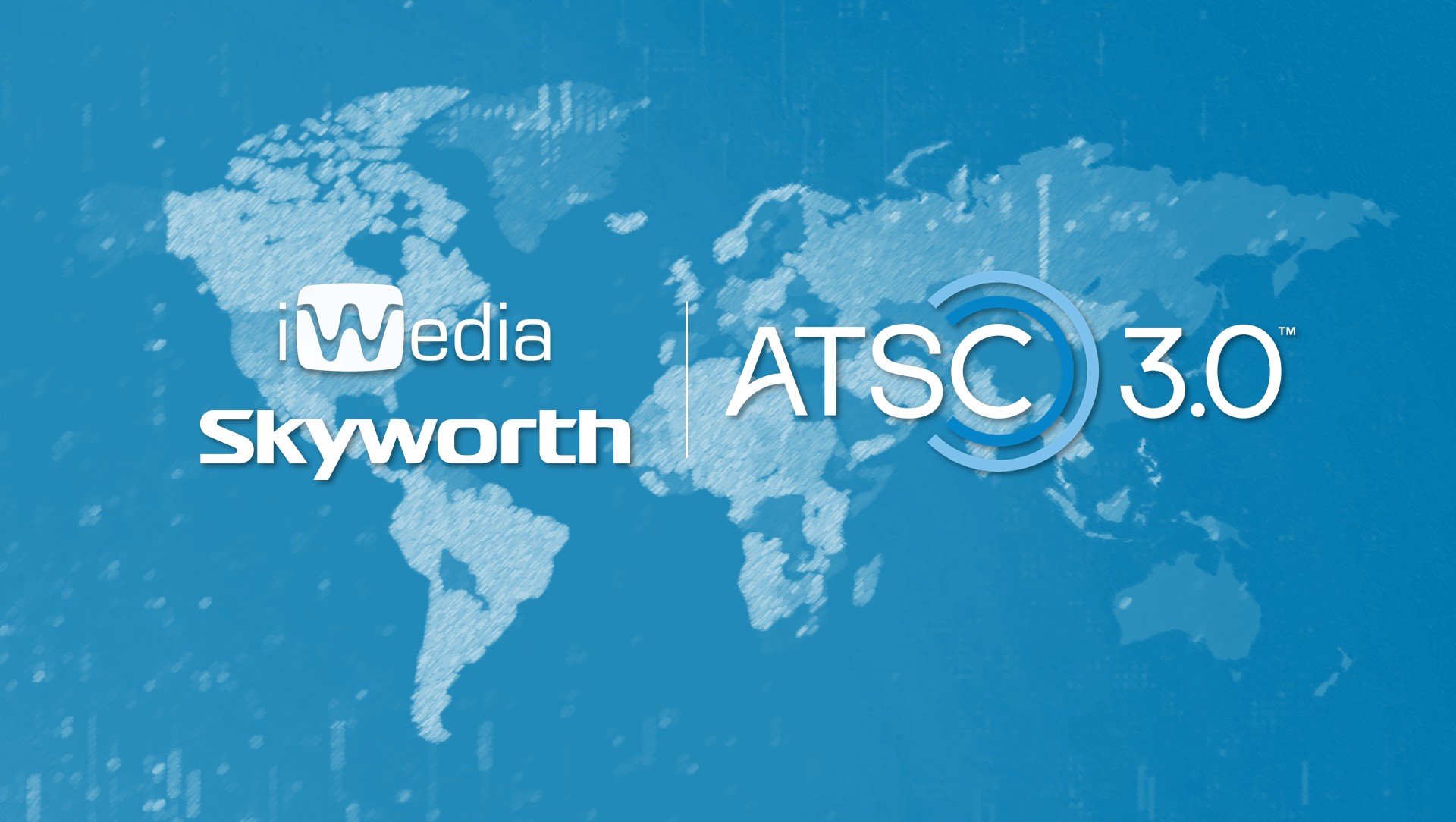FCC Sets Schedule for Next Round of White Space Tests
Some of the world's most powerful corporations will get another shot at using the DTV spectrum for applications, including mobile unlicensed devices, as the FCC's Office of Engineering and Technology will start Phase II of its testing of so-called white space devices Jan. 24.
This time, the tests will be "open to attendance and observation by any interested party," OET said.
The first round of tests, on devices submitted by Microsoft and Philips, found that devices failed to consistently detect (and thus be able to avoid using) DTV signals. Broadcasters—and wireless mic users, sports production people, theater groups and health technology companies—have all expressed fears that unlicensed devices operating on the unused DTV channels could cause interference to applications from DTV to hospital equipment.
Those tests were not as open as the upcoming tests appear to be, although the OET invited interested parties to a presentation in August at its Columbia, Md., headquarters to learn about the tests. At that time, the OET continued to refer to the devices only as "Prototype A" and "Prototype B," even as Microsoft and Philips publicly acknowledged that the devices were theirs.
Various parties involved had sought more openness in the testing.
The upcoming round will include four to six weeks of bench (lab) tests, followed by four to six weeks of field tests. The OET announcement outlines details of several types of tests that will be performed.
The tests come as lobbying efforts heat up between broadcasters and high-tech companies, including Microsoft and Google, over the issue. In December, the companies in favor of rules that would allow unlicensed mobile white space devices unveiled a new group, the Wireless Innovation Alliance, which complements its previously established White Spaces Coalition.
The WIA was introduced in Washington at a press conference by, among others, Rep. Jay Inslee (D-Wash.). He's the single top recipient in Congress of total political contributions from Microsoft's Political Action Committee and affiliated individuals, raking in more than $361,000 since 1990, according to the nonpartisan Center for Responsive Politics, citing Federal Election Commission data.
Microsoft submitted a new prototype device to OET Dec. 15.
Thursday, the White Spaces Coalition submitted a filing to the FCC regarding the white space policy in the United Kingdom, which is allowing unlicensed devices in the DTV spectrum.
NAB responded to the testing announcement. "We are not opposed to new technology; however, given the failing grade performance and incomplete implementation of the devices submitted in the first round of tests, we have a high degree of skepticism whether tests of these devices will demonstrate that a practical service using portable devices can be introduced without jeopardizing DTV service," the statement said.
The professional video industry's #1 source for news, trends and product and tech information. Sign up below.
